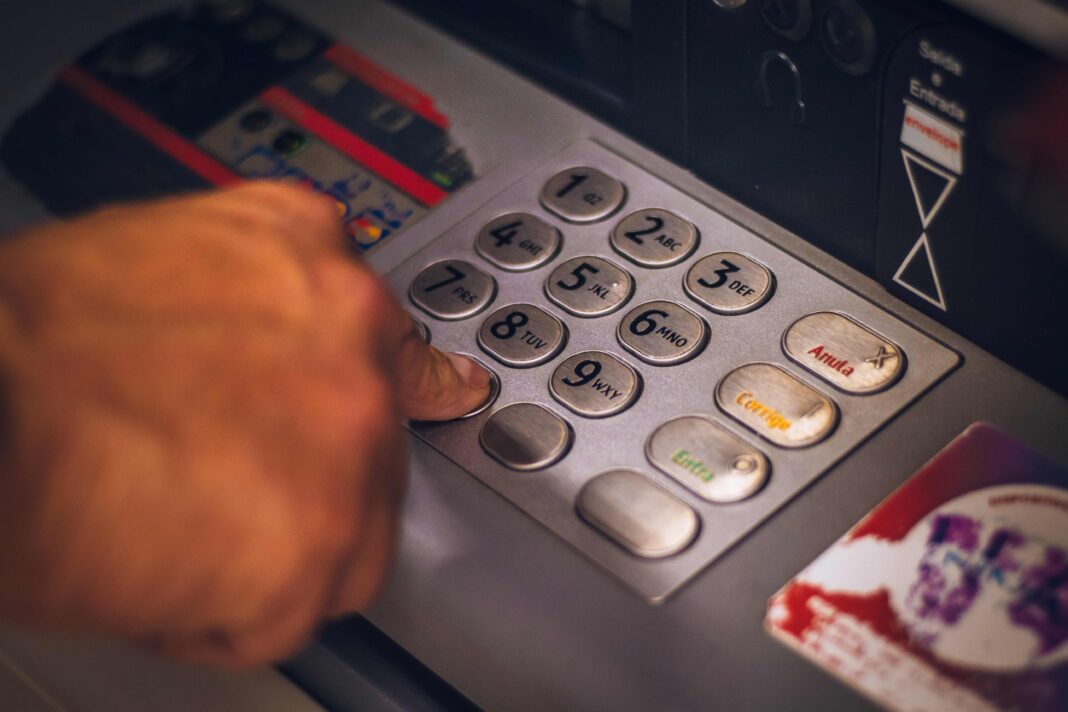Five California legislators are trying to establish the nation’s first public banking option that would offer no-fee, no-penalty bank accounts to all California residents.
The California Public Banking Option Act, also known as BankCal, seeks to close the widening racial wealth gap by offering financial services at no cost.
Those services include a no-fee, no-penalty debit account that requires employees to facilitate direct deposit into the account when requested. It also includes automatic bill pay capacity and free ATM access at participating banks—services critical to asset building and wealth generation.
It would also have infrastructure in place that would allow public benefit payments such as federal stimulus checks to be directly deposited.
“I’m very excited for the opportunity that BankCal presents to combat some of (those inequities and the racial wealth gap) and to expand essential financial services to all Californians, especially working people,” Assemblymember Ash Kalra, D-San Jose, who co-authored the legislation, said at a news conference on Tuesday.
Nearly a quarter of Californians are either unbanked or underbanked—meaning they lack a bank account or pay a steep price for basic financial transactions like cashing their paycheck.
This rate is even higher for Black and Latinx households, where nearly half are unbanked or underbanked—making up 78 percent of the state’s unbanked population, according to the legislation.
The bill also stated that Californian households earning less than $30,000 per year, or just under $15 per hour for a full-time worker, make up 80.7 percent of unbanked people in the state.
A little less than half of California’s disabled population is also unbanked.
“We know that that 15 bucks an hour means a lot less when that person actually gets a product cash in their hand, and that’s unfair,” lead author of the legislation Assemblymember Miguel Santiago, D- Los Angeles said. “It makes no sense that somebody would earn $15 an hour and after every fee, after every transaction, after everything they do, after overdraft fees, that 15 bucks an hour is even decreased because financial institutions continue to make enormous amounts of profit.”
Those fees could cost an average of 10 percent of an hourly wage worker’s take home pay, Santiago said.
Sofia Lima, a San Francisco resident who works at McDonald’s and Carl’s Jr. to support her two young daughters said she can attest to that.
“I cash my paychecks at a store half an hour away from home that I have to take a bus to get to,” Lima said in Spanish. “I spend $12 for each check I cash, aside from the cost of travel, and it adds up quickly to having lost over $500 in check cashing over the last couple of years, not including travel.”
She said she has lost even more money from paying for money orders and using public transportation to pay her bills.
“If I was able to save more of my money, maybe child care would be an option,” Lima said.
By offering those banking services for free, BankCal would level the playing field, by allowing low- and middle-income residents to save money, build credit, access their money and pay their bills without needing to use “predatory financial services” like same-day loans, money order fees or overdraft fees, Kalra said.
To be clear, this bill would not create a new bank, rather a statewide retail banking option.
If passed, the legislation would create a BankCal board, staffed by the State Treasurer’s office, to be the oversight body, ensuring the program reflects the legislation’s priorities.
It would also have a program administrator who would facilitate partnerships with government agencies and nonprofit organizations as well as a network administrator who would coordinate with financial institutions and debit/credit card networks.
The banking service would be self-sustaining through the revenues generated from merchant swipe fees from debit card purchases, backers said.
“It is a direct solution to traditional commercial banks that have been operating with no real incentive to help impacted communities,” Trinity Tran, co-founder and lead organizer of California Public Banking Alliance said.
BankCal would also eliminate the possibility of overdraft fees by ensuring all payments are made via debit card and not check.
Tran noted that low-income people are twice as likely to pay overdraft fees, adding that 80 percent of bank fees are paid by only 20 percent of U.S. bank customers.
Currently, BankCal is not outlined to have the ability to issue loans, but the legislation notes that the board could review and add other services in the future.
So far, the legislation has garnered a lot of support from progressive organizations and representatives, including Congressman Ro Khanna, D-Santa Clara, who called BankCal “an incredibly innovative,” transformative and moral proposal.
“It says if you’re a Californian, you’re now going to have a bank account, and it’s not going to cost you anything,” Khanna said. “It is actually giving financial security and financial dignity to so many Californians who don’t have it.”
The California Public Banking Option Act will be heard before the Assembly Banking and Finance Committee on April 29, 2021.









